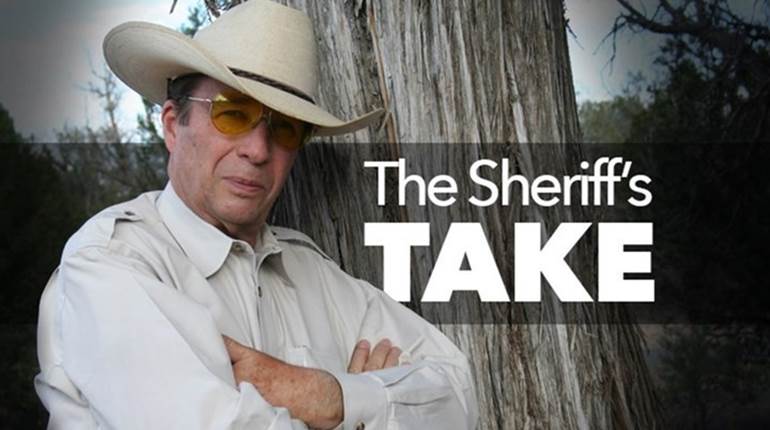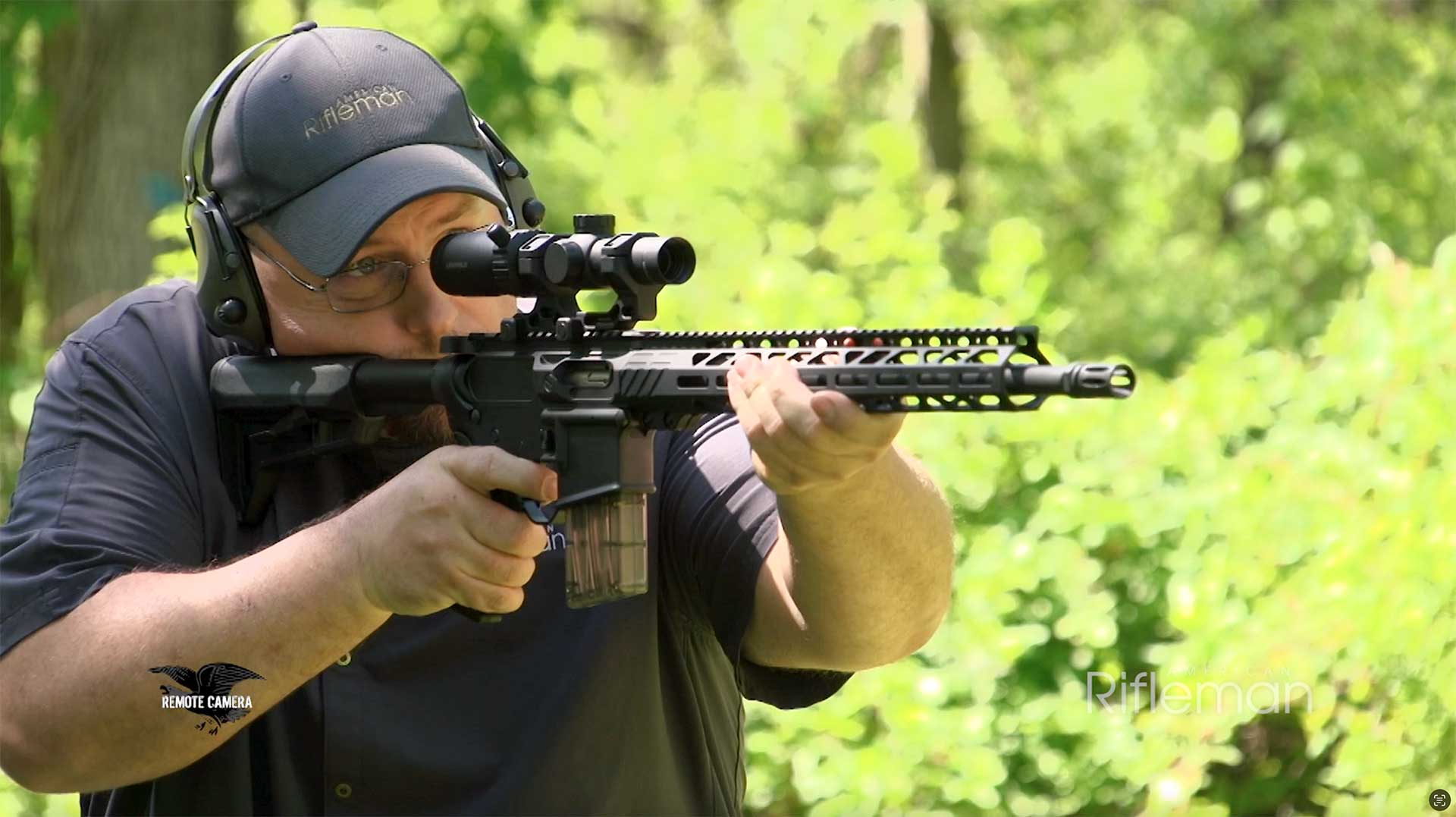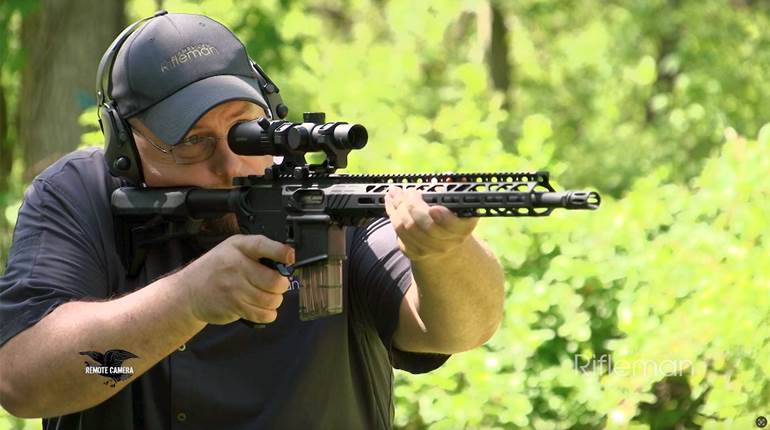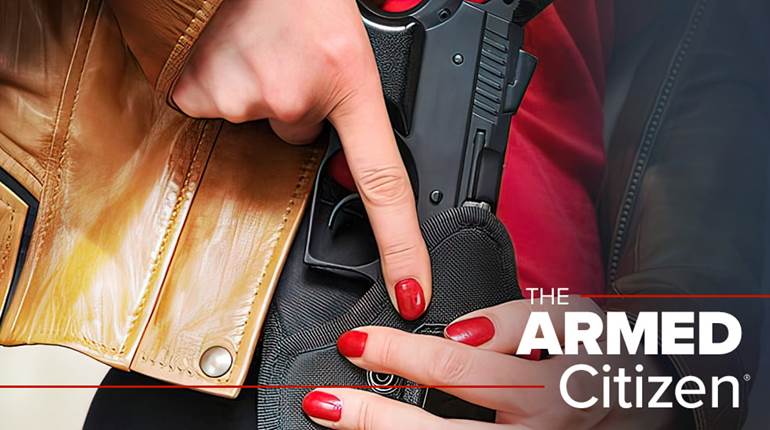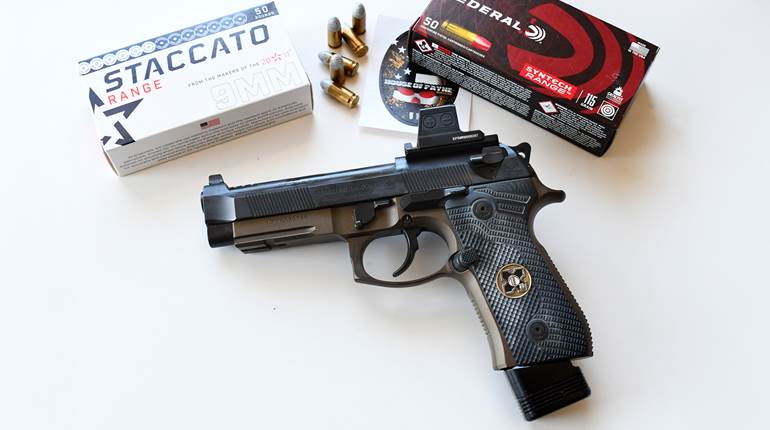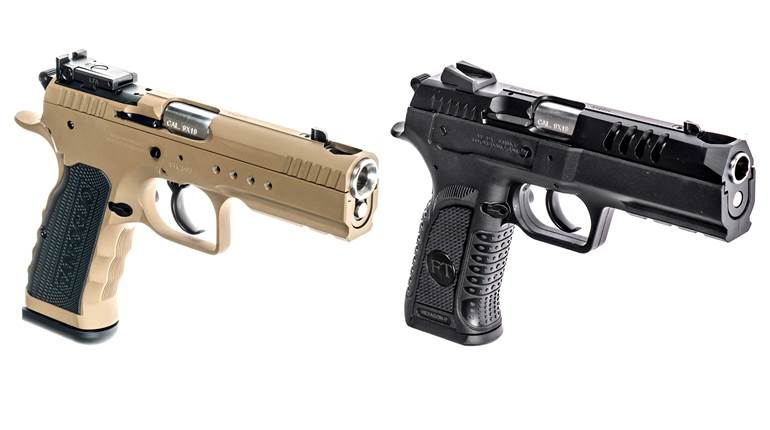
8/17/2012
I chose this title with my tongue planted firmly in my cheek because traffic stops are anything but routine. Day or night, police officers have no idea who they are stopping or what might happen during a contact. It might just be a local pastor, or it might be someone who has just robbed a bank. Officers must always be prepared for the worst.
At this point the honest citizen actually has an advantage because he knows he does not represent a threat to the officer. And, for the most part, it is up to the honest citizen to set the tone of the exchange. Any traffic stop will go more smoothly if some of the tension and stress can be relieved early. Here are some tips that will help tone down an already tense situation.
When you see the officer's lights come on, the first thing to do is turn on your signal indicator and steer your vehicle toward the curb. The signal indicator lets the officer know that you acknowledge him and are complying. Of course, changing lanes and coming to a stop should only be done when it is safe to do so. Your final stop should be made as far out of the traffic lane as is safely possible to prevent you and the officer from being hit by other motorists.
Once you are stopped, put the car in “Park” and turn off the engine. If it is nighttime, it is very important to turn on your interior lights so that the officer can see what is going on in your car as he or she approaches. If you have dark tinted windows, it is also a good idea to lower them so that the officer can see who is in your car and what is going on.
After this is accomplished, place your hands on top of the steering wheel. This is not the time to be fiddling with your purse or hip pocket to retrieve your license and registration. It's a good idea to move as little as possible until the officer has made contact with you and instructed you to do so. You should tell any passengers with you to sit still with hands in their lap in plain sight. Officers really like to see empty hands in plain sight.
At the point that the officer actually makes contact with you, just follow his or her instructions and produce your license, registration and insurance. If you have to go to a pocket or bag to do this, it is a good idea to tell him what you are doing before you do it. In that manner, he will understand your movements. If you are licensed to carry concealed, you should also show him your permit at this time.
In some states, you are required to inform officers that you are armed during a traffic stop. But even if this isn’t a law in your state, it may be a good idea to let the officer know. Law enforcement personnel don't like to be surprised.
Some states allow a person to carry without a license of any kind. Even in that case, it is really a good idea to inform the officer that you are carrying. With my hands on top of the steering wheel, I would simply say something like, “Officer, I have a handgun on my right hip. Tell me what you want me to do.” And then you should slowly and carefully follow his instructions. The officer has several options, including the fact that he may choose to hold your handgun during the contact. The main thing is not to argue, just follow instructions.
Speaking of arguing, it has always amazed me that people think that they can accomplish anything positive by arguing with a policeman during a traffic stop. Come on, folks! You’ve never heard a police officer say, “Gee, I didn't mean to make you mad. Here, I'll just tear up this ticket and we'll forget that this ever happened.” If a person can't control his or her temper during this type of encounter, one might wonder if they deserve to have a license of any kind.
Promptly signaling your intent to pull over, turning off your engine, lighting up the interior of your car and opening the windows, are all actions that will ease the tension of a traffic stop. You have improved the officer's ability to observe and you have performed the actions of a person who has nothing to hide. And, above all, it is critical to keep your hands on the steering wheel in plain sight until instructed to do otherwise.
I wish I could tell you that following these suggestions would keep you from getting a ticket. I also wish I could tell you that the officer who stops you will be as nice as Andy Griffith. I would be lying if I tried. But following these suggestions might keep a traffic stop from turning into something far more serious. Keep your cool, mind your manners, follow instructions and take your medicine like an adult.













